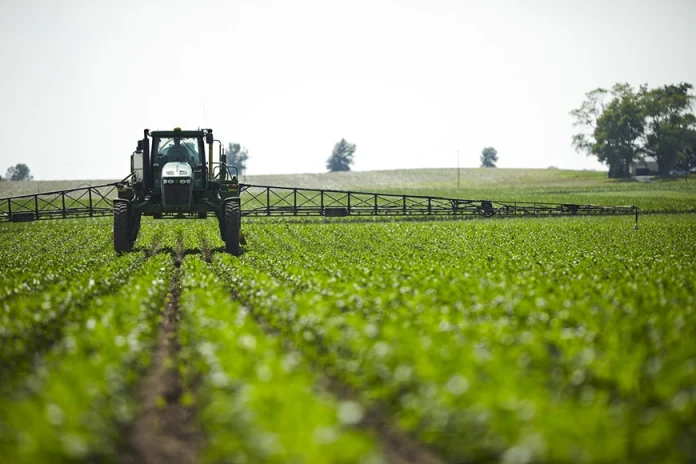If you find one or two weeds on your farm, your farm may soon be completely overrun by weeds. Effective weed control requires you to take immediate steps to prevent weeds from producing more seeds as soon as you find them. Act quickly to control an infestation. Here are five tips for managing weeds effectively.
Warning of Weeds
Even if you find only one weed on your farm, it may have already produced many seeds that are ready to germinate. Only seeds at the top of the soil that get enough light will thrive, so be mindful of this when removing weeds. Try to remove only the weeds you want to eliminate. Avoid digging too much, as it can expose other weed seeds to light.
Use Mulch to Block Sunlight
Weeds need long exposure to sunlight to grow. Adding mulch to the ground or lawn blocks sunlight and inhibits weed growth. Covering the soil with organic mulch, like wood chips, straw, or pine needles, helps control weeds. Plus, the rich organic matter promotes plant growth, creating a win-win situation.
Weed Removal Head
If you don’t want to dig up a weed, simply cut off its head. This reduces the chance of weeds reseeding. For large lawn areas, using a lawnmower to trim weeds is an effective and fast solution.
Planting Effective Plants to Control Weeds
The denser the plants, the less room there is for weeds to grow. The soil between the plants is shielded from light, preventing it from reaching weed seeds. Plan the plant sizes at different stages of maturity to control planting density.
When watering, aim directly at the plants you want to water. Use irrigation methods that deliver water directly to the roots. This denies weed seeds on the surface the water they need to grow. Manual watering helps control water flow but requires more labor than irrigation systems.
Use Chemicals for Effective Weed Control
When weeds become difficult to manage with traditional methods, chemical herbicides offer an efficient solution. Choose herbicides based on the soil environment and crops on your farm. To enhance herbicide effectiveness, select the right adjuvants to improve permeability. Below are some commonly used adjuvants:
- Water conditioners: Prevent herbicides from being neutralized by cations in hard water and ensure they can enter plants effectively.
- Nonionic surfactants: Help spread pesticides evenly on leaf surfaces, improving plant coverage.
- Crop-oil concentrates: Slow down the drying of herbicide droplets on leaves, enhancing penetration into plant tissue.
- Methylated seed oils: Improve penetration through waxy plant surfaces, ideal for tough conditions.
- Drift and deposition aids: Reduce fine particles that cause drift and improve product coverage within the crop canopy.

